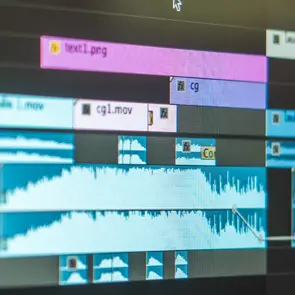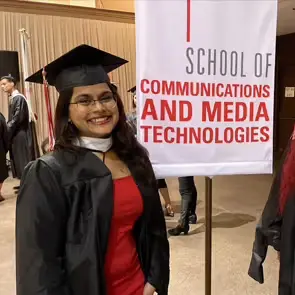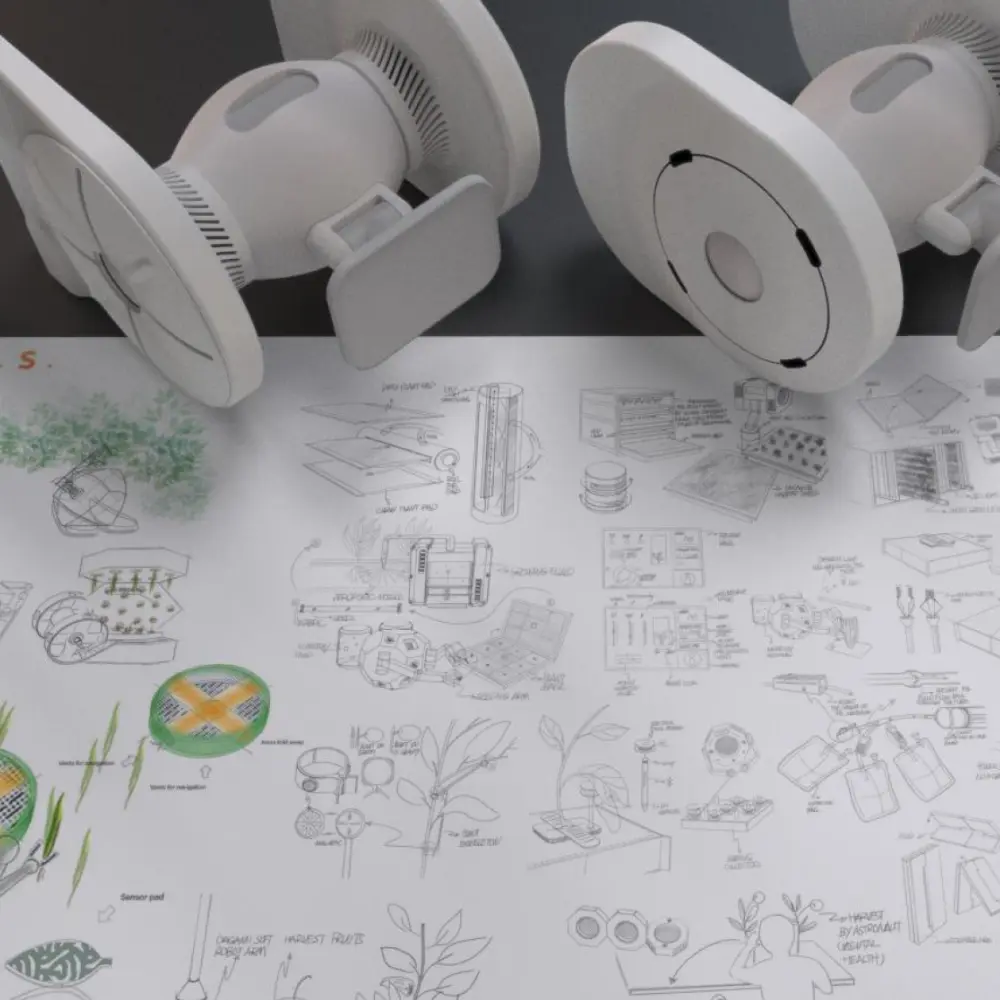Communications & Media Technologies (BA)
Communications & Media Technologies (BA)
The School of Communications & Media Technologies BA program provides a dynamic education of essential modern media skills including foundations in storytelling, broadcasting, journalism, and mobile platforms. Under the guidance of industry experts, students learn to shoot, edit, write, and host their own productions, and use the latest technologies to stream and broadcast them.
MA MA-AIBachelor of Arts (BA) Degree
Available Online & On Campus
Core Classes










Unit Requirements
| Major Coursework | Units |
|---|---|
| Core | 24 |
| Sophomore Portfolio | 3 |
| Senior Portfolio | 3 |
| Major | 30 |
| Major Electives | 9 |
| Electives | 9 |
| Liberal Arts | 42 |
| Total | 120 |
Degree Requirements
BA COMMUNICATIONS AND MEDIA TECHNOLOGIES DEGREE REQUIREMENTS
- Minimum grade of C- in all major coursework.
- Minimum 2.0 GPA and the following general education requirements:
4 Art Historical Awareness courses
1 Creative Ideation course
1 Written Communication: Critical Thinking course
1 Historical Awareness course
1 Quantitative Literacy course
1 Cultural Ideas & Influences course
1 Employment Communications and Practices course
After above general education requirements are met, take Liberal Arts electives as needed to fulfill the Liberal Arts unit requirement.
Additional Information

Program Learning Outcomes
Undergraduate students will meet the following student performance criteria:
Production Skills and Technical Knowledge
- Produce broadcast-ready video and audio content (including recording on location and in the studio, editing, and creating basic media graphics)
- Generate interactive content for websites, social media and mobile devices
- Format and distribute content across all major media platforms
Conceptual Thinking
- Identify, gather, assess, record, and research relevant information for a story
- Formulate precise questions, consider diverse points of view, and research opportunities as part of the interview and investigation process
- Discuss and analyze media trends
- Develop unique, original story ideas
Written and Oral Communication
- Develop scripts, features, articles and other written content for media coverage in various platforms
- Perform professionally, including hosting and reporting on camera and microphone, or direct on-air talent to do the same
- Communicate concepts and ideas for a media project using industry terminology, both verbally and in writing
Visual Communication
- Rapidly visualize story ideas in the pre-production and production stage
- Apply basic design principles to various types of video, print, and interactive media
Professional Readiness
- Produce a professional reel to acquire a job within the media industry or corporate environment
- Meet deadlines and submit work according to professional presentation standards
- Produce content demonstrating specialized knowledge in a specific area of the media, such as art, design, news, entertainment, fashion, or sports
- Identify strengths and tailor portfolio to showcase them
Academy of Art University Learning Outcomes
Graduates of the Academy of Art University will demonstrate the ability to:
- Produce a body of work suitable for seeking professional opportunities in their chosen field of art and design.
- Solve creative problems within their field of art and design, including research and synthesis of technical, aesthetic, and conceptual knowledge.
- Communicate their ideas professionally and connect with their intended audience using visual, oral, and written presentation skillsrelevant to their field.
- Execute technical, aesthetic, and conceptual decisions based on an understanding of art and design principles.
- Use professional terminology to evaluate their work and work in the field.
- Recognize the influence of major cultural and aesthetic trends, both historical and contemporary, on art and design products.
- Learn the professional skills and behaviors necessary to compete in the global marketplace for art and design
- Engage with a variety of communities beyond the classroom through internship opportunities, study abroad programs, athletics, student interest clubs, and participation in collaborative, civic, and pro bono projects.
*Semester plans are subject to change at any time. Semester breakdowns displayed are suggested and additional options are available to help customize your educational experience. Speak to an admissions or student services representative for more information. Please see our catalog for more details at: https://catalog.academyart.edu